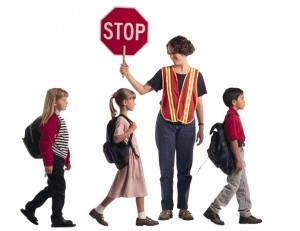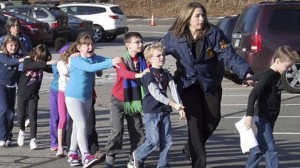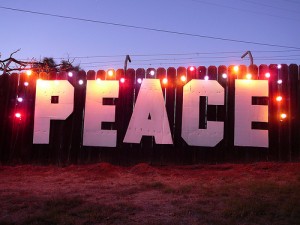The Bible’s most oft-repeated words are “Do not fear.” Yet, in the wake of the horror in Connecticut, how can we not?
Five-and six-year old children were brutally murdered in what most thought was a safe and innocent place. Is it possible now to live without some measure of fear?
A Brave New World
This debate pervaded several sessions I led with parents and grandparents in my community this week. Often the discussion revolved around how to talk to children.
Is it okay to tell them they are safe? How do we protect them without misleading them?
As a parent of young children and as a rabbi, I struggled with this issue and benefitted from the wisdom and experiences I heard. Here are some of the ideas that resonated:
1. Parents need to be the key communicators: Children have a unique relationship with their parents. Hearing the news first from friends or teachers or even grandparents is not ideal. Parents are usualy most attuned to their children’s feelings, and can present what happened and correct misimpressions in a way no one else can.
2. Remember to focus on the kids, not just yourself: We are all shaken up and devastated by what happened. We probably need to process our feelings and will deal with them for a while.
While some children share our feelings, they may get over it much faster. Kids’ primary focus is themselves, and as one Harvard psychologist pointed out, they may quickly move on to something that affects them more directlyl. That’s okay.
3. Honor their needs: While adults may understand and appreciate all the risks we face in life every day, children’s needs are dofferent. They need to feel a degree of safety that allows them to learn and function and grow. We need to remind ourselves and our children that acts of violence on this scale are exceedingly rare.
4. Talk about mental health: This is a hard one, especially for kids. We adults may even find it difficult and uncomfortable to talk about it. But we must.
The more we can talk about and recognize that some people have problems that aren’t physical but can still be treated, the more dignified and humane a society we will become.
5. Do not let fear get in the way of life: The Bible’s repeated injunction of “Do not fear” reminds us of how old and powerful fear can be. Sometimes it is a useful emotion. For example, we need to fear oncoming cars when we are crossing at the street.
At the same time, fear can be debilitating and destructive. Too often fear becomes the acronym I once heard: False Expectations AppearingReal.
We need to be pragmatic and protective of the most vulnerable members of our society. Yet, we also need the courage to live.
Let us take guidance from the wise words of the eighteenth-century Rabbi Nachman of Breslov, “The whole world is a very narrow bridge, and the most important part is not to be afraid.”
By Evan Moffic,
Get Inspired. Make Better Decisions. Live With Fewer Regrets.
Get More from Rabbi Moffic, including A FREE EBOOK: HOW TO FORGIVE EVEN WHEN IT HURTS


